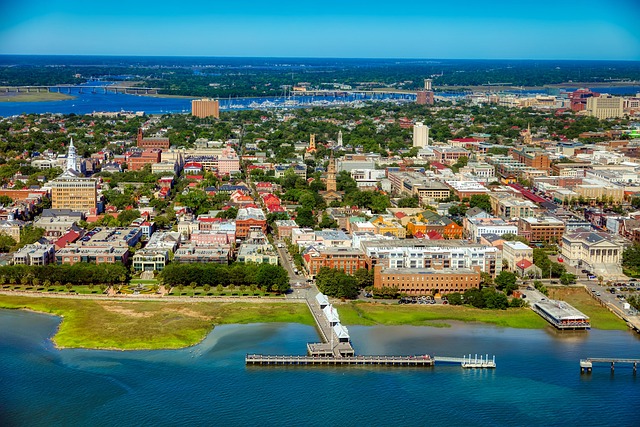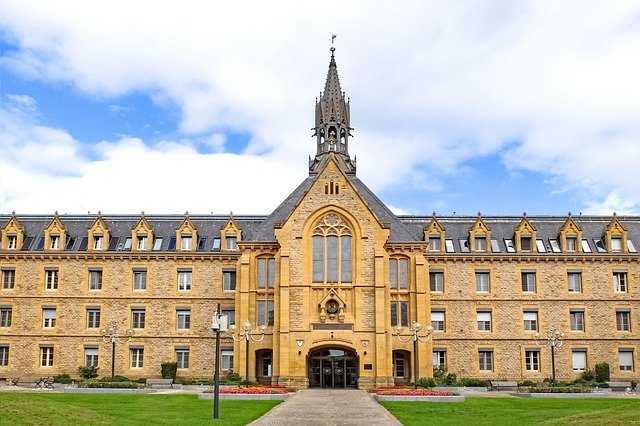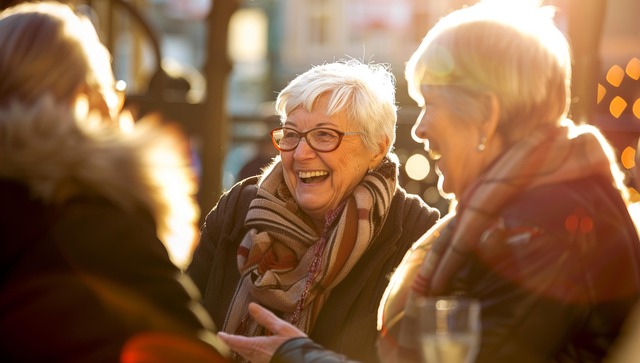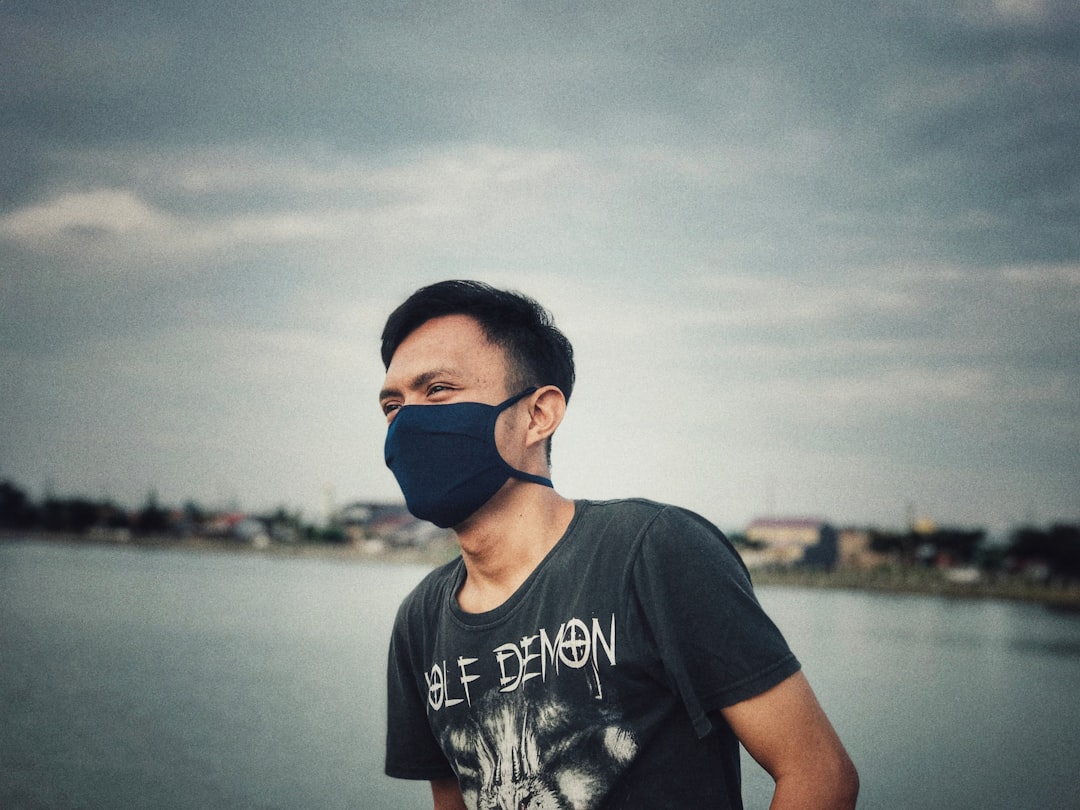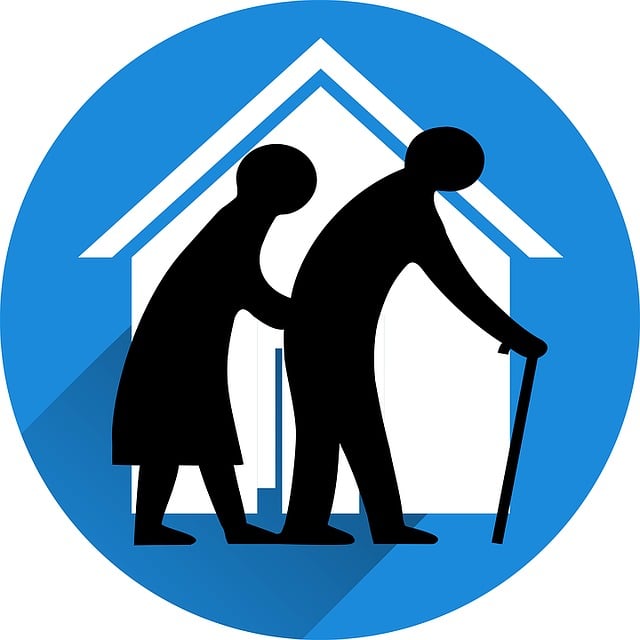Nursing homes in Charleston, South Carolina, actively prevent elder abuse through staff training, family collaboration, and legal support from specialized elderly sexual assault law firms. The state's robust legal framework protects elders, emphasizing consent, privacy, and caregiver responsibilities. These law firms address unique challenges faced by victims, holding facilities accountable for care lapses and promoting best practices in the long-term care industry.
Charleston nursing homes play a vital role in preventing elder abuse, particularly addressing the sensitive issue of elderly sexual assault. This comprehensive article delves into the various aspects of this pressing matter, focusing on South Carolina’s legal framework and preventative measures. We explore signs and symptoms to watch for within Charleston’s nursing homes and highlight the crucial roles played by caregivers, staff, and legal support in safeguarding residents from potential abuse, including sexual assault, with an emphasis on local elderly sexual assault law firms in SC.
Recognizing Elder Abuse: Signs and Symptoms in Charleston Nursing Homes

Recognizing elder abuse is a crucial step in preventing it, and nursing homes in Charleston play a vital role in this process. Signs and symptoms can vary greatly but often include physical indications such as unexplained bruises, broken bones, or bedsores, especially in immobile residents. Additionally, behavioral changes like sudden aggression, withdrawal from social interactions, or repeated confusion should raise concerns.
Nursing home staff members are trained to observe these signs and report them to the appropriate authorities. They also educate families about potential red flags, fostering a collaborative environment where everyone can contribute to recognizing and reporting abuse. Elderly sexual assault is a grave issue, and having supportive legal resources like elderly sexual assault law firms in SC further strengthens protection measures for vulnerable individuals within these facilities.
The Legal Framework: Protecting the Elderly from Sexual Assault in South Carolina

In South Carolina, the legal framework is in place to protect the elderly from sexual abuse, with specific laws targeting the prevention and prosecution of elder sexual assault. These laws are designed to ensure that nursing homes and care facilities maintain safe environments for their residents. Elderly sexual assault law firms in SC play a crucial role in advocating for victims’ rights and holding perpetrators accountable. The state’s statutes set forth clear guidelines regarding consent, privacy, and the responsibilities of caregivers, aiming to prevent any form of non-consensual physical intimacy.
The legal system approaches these cases with sensitivity, recognizing the vulnerability of the elderly population. Victims may face unique challenges in reporting abuse due to fear, shame, or cognitive impairments. Legal professionals specializing in this area work to ensure that elders receive justice and that nursing homes are held liable for any lapses in care that contribute to sexual assault incidents. This comprehensive approach involves not only legal action but also raising awareness about the prevalence of elder sexual abuse and promoting best practices in long-term care facilities across South Carolina.
Preventative Measures: Roles of Caregivers, Staff, and Legal Support in SC Nursing Homes

Charleston nursing homes play a crucial role in preventing elder abuse, and their effectiveness relies on a multi-faceted approach. Caregivers and staff are at the forefront, implementing preventative measures that include regular check-ins with residents, promoting open communication, and fostering an environment of trust. They are trained to recognize potential signs of abuse, neglect, or exploitation, ensuring prompt reporting to the appropriate authorities.
Legal support is another integral component. Elderly sexual assault law firms in SC provide specialized services tailored to the unique needs of nursing home residents. These firms offer guidance on prevention strategies, conduct investigations, and advocate for victims’ rights, working closely with staff and caregivers to create a robust safety net. This collaborative effort not only protects residents but also educates the community about the importance of recognizing and reporting potential cases of elder abuse.
